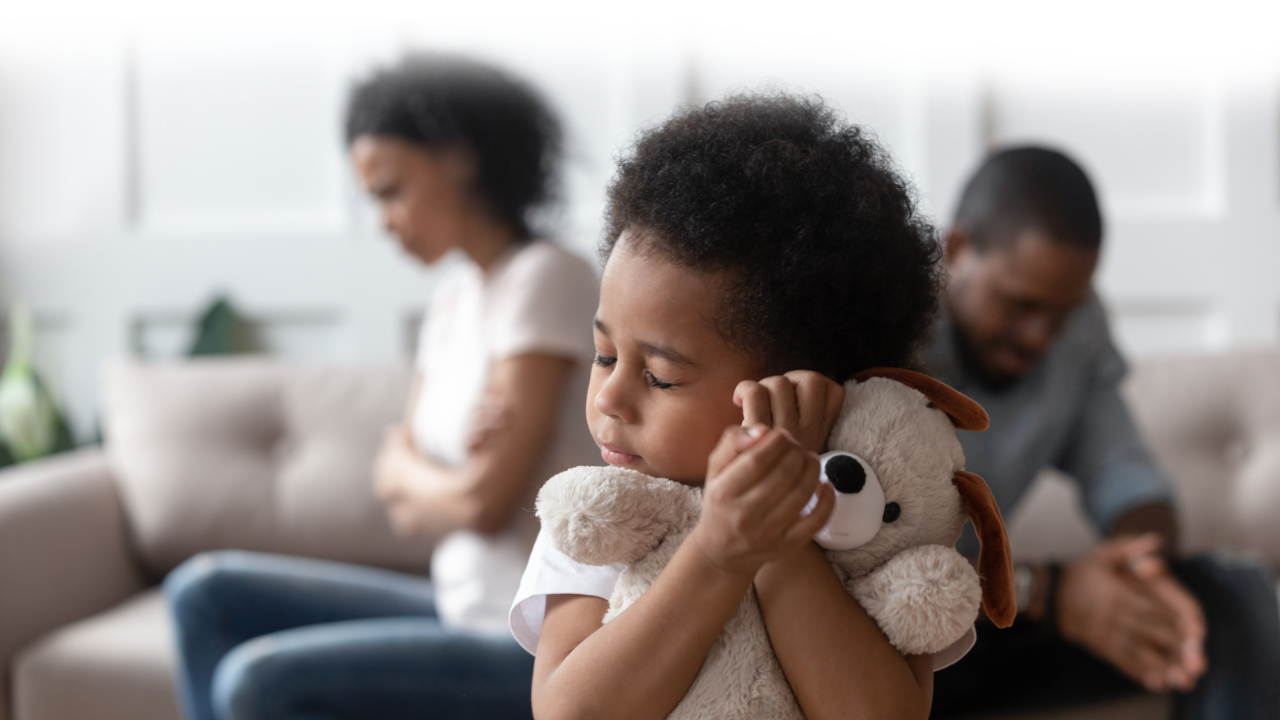Society may have moved forward with relationships, but tax law has not.
Millions of couples who have chosen to avoid tying the knot are now at risk of falling into complex legal battles to get a share of a home they’ve lived in all their lives or the wealth they’ve helped build. The numbers of cohabiting couples in the UK has risen to five million, according to the latest figures from the Office for National Statistics (ONS), add in the rise of property prices and you have the perfect Inheritance Tax storm.
Unmarried couples don’t have automatic legal rights to inherit from each other. ‘Common law-marriage’ where you live together without making it official – is a widely held misconception that will not protect the deceased’s partner. Sadly, many only find out that this is not the case on death when there is no automatic right to inherit, and the lack of tax advantages become apparent.
The only way to ensure your partner or children do not lose out when you die, if you’re not married or in a civil partnership, is to seek professional tax and estate planning advice and draw up a Will correctly.
Below is a typical example of how Inheritance Tax can impact a modern estate.
Example:
Tracey & Dave are both divorced and living together, Dave has three children from his previous marriage and Tracey has just the one. They want to prevent their children from being disinherited but also want to protect one another.
Dave owns no property and has assets totaling £500k which he will be passing equally to his children when he dies, he only has use of the Nil Rate Band (NRB) IHT allowance, so anything over £325k is taxed @40% which leaves his children with a tax bill of £70k.
Tracey is the sole owner of the house worth £900k plus has savings of £100k. She has a total estate of around £1m. Tracey grants Dave a ‘Right to Reside’ in the property so if she dies first, this will prevent Dave from being forced out while maintaining her son’s inheritance. As Tracey is a homeowner, she also qualifies for the extra IHT allowance called the Resident Nil Rate Band (RNRB) worth an extra £175k on top of her NRB of £325k, however, by giving Dave a right to live in the house, HMRC will view the house as his for tax purposes and as Dave is not a qualifying beneficiary Tracey loses her extra RNRB allowance leaving her with just her NRB allowance against an estate of £1 million.
This means if Tracey dies first, her IHT liability is £270k without sufficient assets to pay the tax. Now the value of house (less debt for the IHT paid) is now in Dave’s estate for IHT – if he dies second his estate already taxable with £70k due, and now the whole value of the remaining house is taxed again (no RNRB allowance as her son not his descendant), so additional tax is due of £292,000!
So, the total tax due if Tracey dies first is £270,000 plus £70,000 (Dave’s estate) plus £292,000 (house taxed again) = £632,000 in IHT on a combined estate of £1,500,000. This is over 40% of the total estate lost because of giving an unmarried partner a right to reside and an IHT disaster for her son.
Being unmarried, cohabiting and owning property either individually or together can make it very difficult when claiming IHT allowances after a partner dies. Without careful planning, even having a basic Will can end up losing the family hundreds of thousands of pounds in unnecessary Inheritance Tax. As more and more unmarried couples end up living together the more we see the need to provide the appropriate advice.
In the next 20 years, we will see a major increase in inheritance tax being paid, Is there anything that you can do about it.. Yes, you just have to ask the right people.

